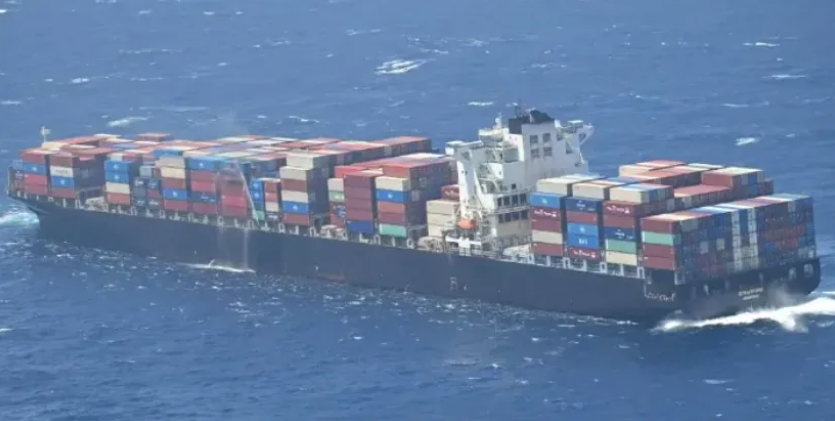According to multiple media reports, the U.S. Department of Commerce’s Bureau of Industry and Security (BIS) is facing a major internal management breakdown, resulting in a backlog of thousands of export license applications worldwide. These applications include high-tech products such as Nvidia’s H20 AI chips, semiconductor manufacturing equipment, and sensors destined for China.
Sources say that the export bureau, led by Under Secretary Howard Lutnick, has failed to issue expected new regulations, cut off communication with industry, sidelined experts, and lost staff through buyouts and resignations.
Nvidia’s efforts to export AI chips to China have become the most high-profile case of delayed licensing. On July 14, the company stated it had been assured by U.S. authorities that it would be granted a license to export the H20 chip and hoped to begin shipments soon. Lutnick and other officials confirmed that the sales would be allowed. However, sources indicated that no licenses had been issued as of this week, putting billions of dollars in AI chip orders at risk.
One U.S. official noted that the current licensing backlog is the longest in over 30 years.
“Licensing is how the U.S. does business and competes globally,” said Meghan Harris, a former National Security Council member under the Trump administration and a former Commerce Department official. “Delays and unpredictability put us at an unnecessary disadvantage.”
According to the latest available BIS data, during the 2023 fiscal year, it took an average of 38 days to process an export license. Of the 37,943 applications received, only 2% were denied.
The licensing process is used to enforce U.S. export restrictions to ensure that sensitive goods and technologies do not reach countries or entities that could compromise U.S. national security.
Some staff members criticized Jeffrey Kessler, who became BIS Deputy Under Secretary in March, for micromanaging the bureau and failing to communicate effectively. According to two additional sources, shortly after taking office, Kessler told BIS staff during a meeting to limit their interactions with corporate representatives and industry officials. The sources also said he later required all meetings to be logged in spreadsheets.
Sean Stein, President of the U.S.-China Business Council, stated: “We are seeing no movement across the industry and no indication of whether or when licenses will be issued.” He noted that the stalled licenses include billions of dollars’ worth of semiconductor manufacturing equipment. While companies face growing urgency, “Chinese firms are exploring and closing deals with Chinese and other foreign suppliers.” He added, “The longer the delay, the more market share we lose.”
Jim Anzalone, president of Florida-based trade consultancy Compliance Assurance, reported delays in export approvals for sensors, radar, and sonar systems in Latin America and other regions. “There’s no official word on what the policy is or when the backlog will be cleared,” he said. He added that several months ago, he submitted more than 20 license applications for semiconductor manufacturing equipment to China, many of which were denied—including four rejections on Wednesday.
Sources emphasized that some licenses are still being approved, particularly those for exports to U.S. allies. They also noted that some company communication remains ongoing, especially regarding license applications.

Last
Fire Breaks Out on Container Ship STRATFORD in South China Sea; 25 Crew Rescued
On July 28, a major fire broke out aboard the large container vessel STRATFORD (IMO: 9305491), sailing under the Liberian flag, ap

Next
Malaysia Enforces Stricter Regulations Against Unauthorized Anchoring and STS Oil Transfers
Malaysia’s maritime authorities have stepped up enforcement measures to prevent unauthorized anchoring and illegal ship-to-ship (S
